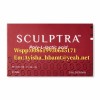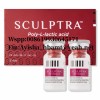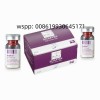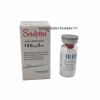Please wait while your account is being registered at Beautetrade.com 
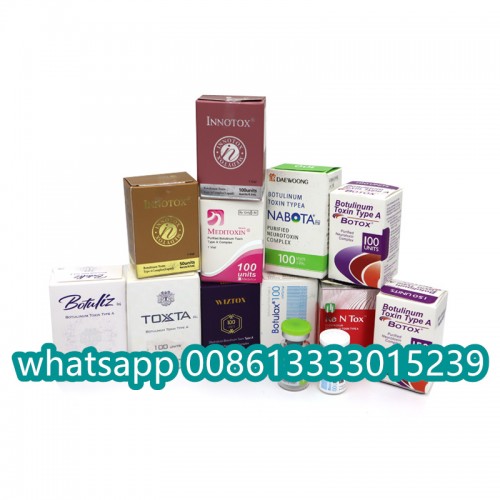
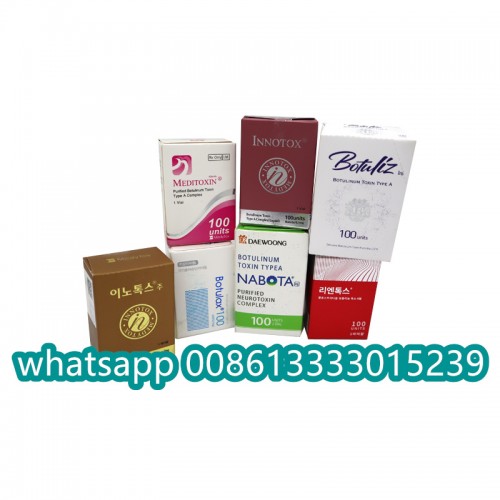
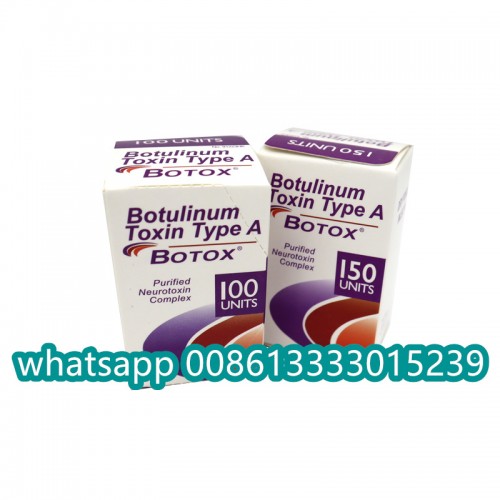
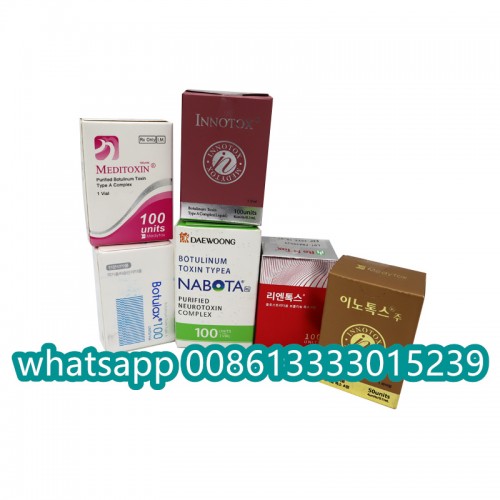
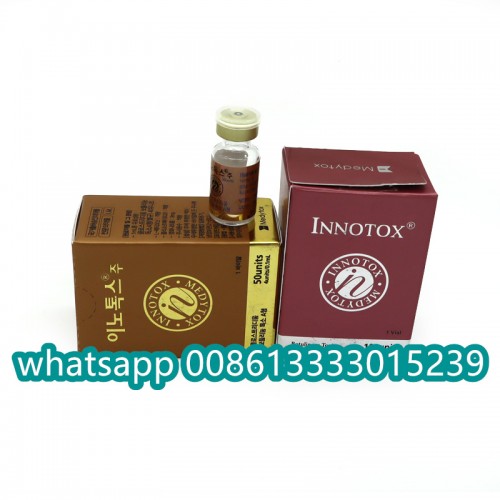

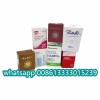



| 1 | 40 |
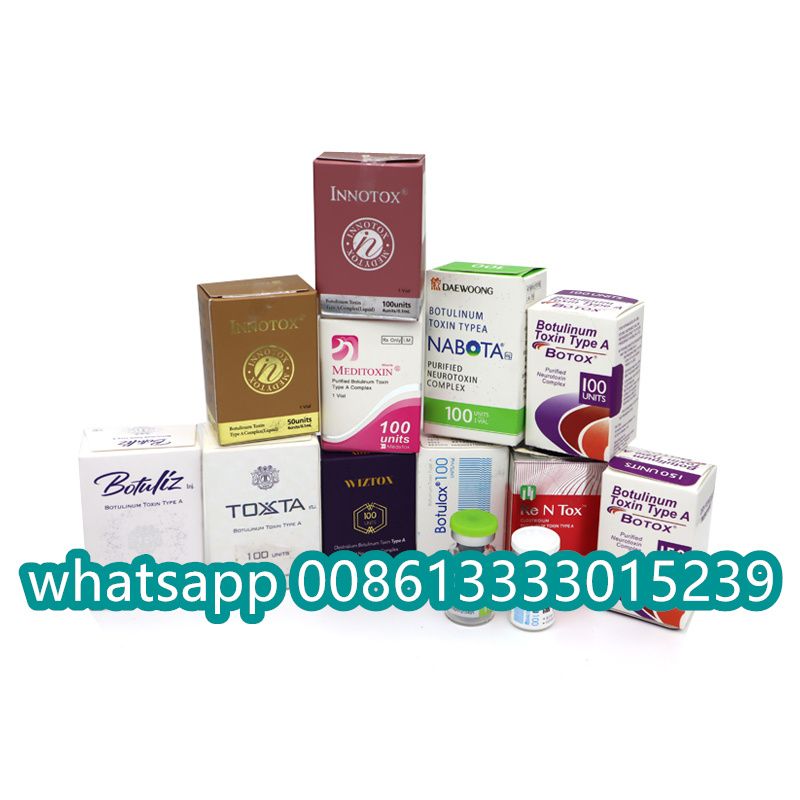 What is Botox®?
What is Botox®?
Botox® is one of the most widely known brands of botulinum toxin injections. Botulinum toxins are neurotoxins that affect nerves and cause muscle weakening. You might get a botulinum toxin injection for cosmetic or medical reasons. Healthcare providers inject small amounts of Botox into specific muscles to smooth wrinkles, prevent migraine headaches and treat a wide range of other health conditions.
How does Botox work?Botox blocks nerve signals to muscles. As a result, injected muscles can’t contract (tense up). These effects are always temporary, but can last for several months. The muscle injected depends on the primary area of concern. Several areas can be treated in one session.
What cosmetic conditions can be treated with Botox?Botox cosmetic injections are used to address signs of aging. This treatment can smooth fine lines and wrinkles in several areas of your face, including your:
Eyebrows. Forehead. Nose. Eyes (crow’s feet). Lips. Chin. Jawline. Neck. What medical conditions can be treated with Botox?Botox has been used for decades in the medical industry. These injections may be recommended for the treatment of:
Crossed eyes (strabismus). Excessive muscle contractions (dystonia). Excessive sweating (hyperhidrosis). Eyelid twitching. Chronic migraines. Overactive bladder. Pediatric upper limb spasticity. Adult spasticity. Blepharospasm. Cervical dystonia. Can Botox help reduce pain?Yes. Many healthcare providers recommend Botox for pain management. Botox blocks nerve signals that control muscle activity, resulting in relaxation and pain relief. Botox injections can be successful in treating:
Back pain. Neck pain. Jaw pain. Nerve pain. Sciatica pain. Neuropathy (peripheral neuropathy). Pelvic pain. Chronic myofascial pain (CMP). Osteoarthritis. Joint pain. TMJ pain. What is Botox made of?A bacterium called Clostridium botulinum makes the neurotoxins used in Botox. Healthcare providers use a specific type of the bacteria (type A) for medical injections.
Botulinum toxins occur naturally in soil and contaminated foods. If you consume large amounts of botulinum toxins or the bacteria get into a wound, you can develop botulism. This serious nervous system disorder affects breathing. For optimal safety and efficacy, Botox is produced in a lab. Technicians dilute and sterilize the botulinum toxins so they won’t cause botulism.

 China
China 